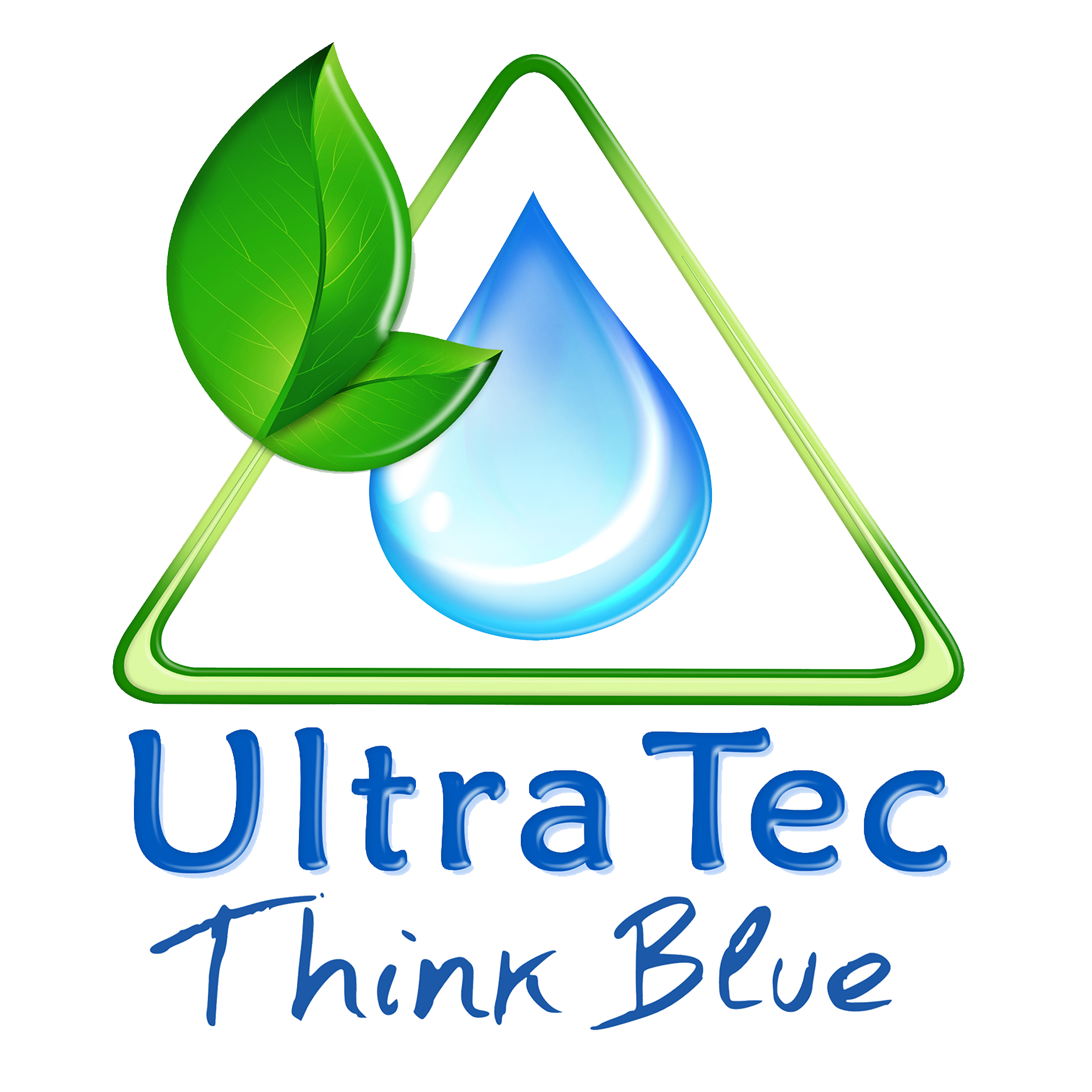A Look Inside Our Wastewater Treatment Plant
Welcome to the heart of environmental responsibility at ROplant Our wastewater treatment facility stands as a testament to our commitment to sustainable practices and ensuring the responsible management of water resources. In this blog, we’ll take you on a journey through the key aspects of our wastewater treatment facility, shedding light on its significance in the realm of water conservation and environmental stewardship.
1. Overview of Our Wastewater Treatment Facility:
At ROplant.ae, our wastewater treatment facility is at the forefront of innovation, employing advanced technologies to purify and recycle wastewater. This facility serves as a critical component in our mission to contribute to a greener, more sustainable future.
2. The Wastewater Treatment Process:
2.1 Primary Treatment:
In the initial phase, we focus on removing large solids and debris through a meticulous screening process. This ensures that the water entering our treatment system is free from visible contaminants.
2.2 Secondary Treatment:
Our advanced biological treatment processes come into play, harnessing the power of beneficial microorganisms to break down organic pollutants. This step significantly reduces the biochemical oxygen demand (BOD) of the water.
2.3 Tertiary Treatment:
The final stage involves polishing the water to meet stringent quality standards. This includes processes such as filtration and disinfection, ensuring that the treated water is not only safe for discharge but can also be repurposed for various applications.
3. Cutting-Edge Technologies:
At ROplant.ae, we pride ourselves on integrating cutting-edge technologies into our wastewater treatment facility. From state-of-the-art membrane filtration systems to energy-efficient processes, every aspect is meticulously designed to maximize efficiency while minimizing environmental impact.
4. Environmental Impact and Conservation:
Our commitment to environmental conservation extends beyond regulatory compliance. By treating and reusing wastewater, we actively contribute to the reduction of water pollution, alleviating the strain on natural water sources and ecosystems.
5. Community Engagement and Education:
Understanding the importance of community involvement, we actively engage in educational initiatives to raise awareness about the significance of wastewater treatment. Tours of our facility and outreach programs aim to empower communities with knowledge about water conservation.
6. Certifications and Compliance:
Our wastewater treatment facility adheres to the highest industry standards and is certified for compliance with environmental regulations. This commitment ensures that our practices not only meet but exceed the expectations set by governing bodies.
7. Future Expansion and Sustainability Goals:
As we continue to evolve, our wastewater treatment facility is poised for expansion to meet the growing demands for sustainable water solutions. Our future goals include harnessing emerging technologies and methodologies to further enhance our environmental impact.
Conclusion:
ROplant.ae’s wastewater treatment facility stands as a beacon of environmental responsibility. Through cutting-edge technologies, a commitment to community engagement, and a focus on sustainability, we continue to pave the way for a cleaner, greener future. Join us on this journey towards a world where water is conserved, treated, and cherished as the precious resource it truly is.
To learn more about our wastewater treatment facility and our broader commitment to water sustainability, visit ROplant.ae. Together, let’s nurture a future where every drop counts.
FAQs:
1. What is the purpose of a wastewater treatment plant?
A wastewater treatment plant serves to purify sewage and industrial wastewater to remove impurities and contaminants before releasing the treated water back into the environment. This process helps prevent water pollution and protects public health.
2. How does an industrial wastewater treatment plant differ from a regular wastewater treatment plant?
Industrial wastewater treatment plants specifically cater to the unique challenges posed by industrial effluents, which may contain specialized pollutants. These plants incorporate advanced technologies to address the diverse and often complex nature of industrial wastewater.
3. Are there options for small-scale wastewater treatment plants?
Yes, small wastewater treatment plants exist to accommodate the needs of smaller communities, businesses, or remote locations. These compact systems efficiently treat sewage on a smaller scale, providing effective solutions for areas with lower wastewater volumes.
4. What is the role of sewage treatment tanks in the treatment process?
Sewage treatment tanks play a crucial role in the primary treatment phase of wastewater treatment. They facilitate the settling and separation of solid particles from liquid wastewater, allowing for the initial removal of impurities before the water undergoes further treatment processes.
5. How can I find a sewage treatment plant near me?
Locating a sewage treatment plant in your vicinity can be done through local municipal resources or environmental agencies. Additionally, online maps and directories may provide information on nearby treatment facilities. Contacting local authorities can offer specific details on the plant’s location and accessibility.
6. What is the significance of package sewage treatment plants?
Package sewage treatment plants are pre-engineered, modular systems designed for easy installation and maintenance. These compact units are ideal for areas with limited space or those requiring decentralized wastewater treatment solutions. They offer efficiency and versatility in treating sewage for various applications.

